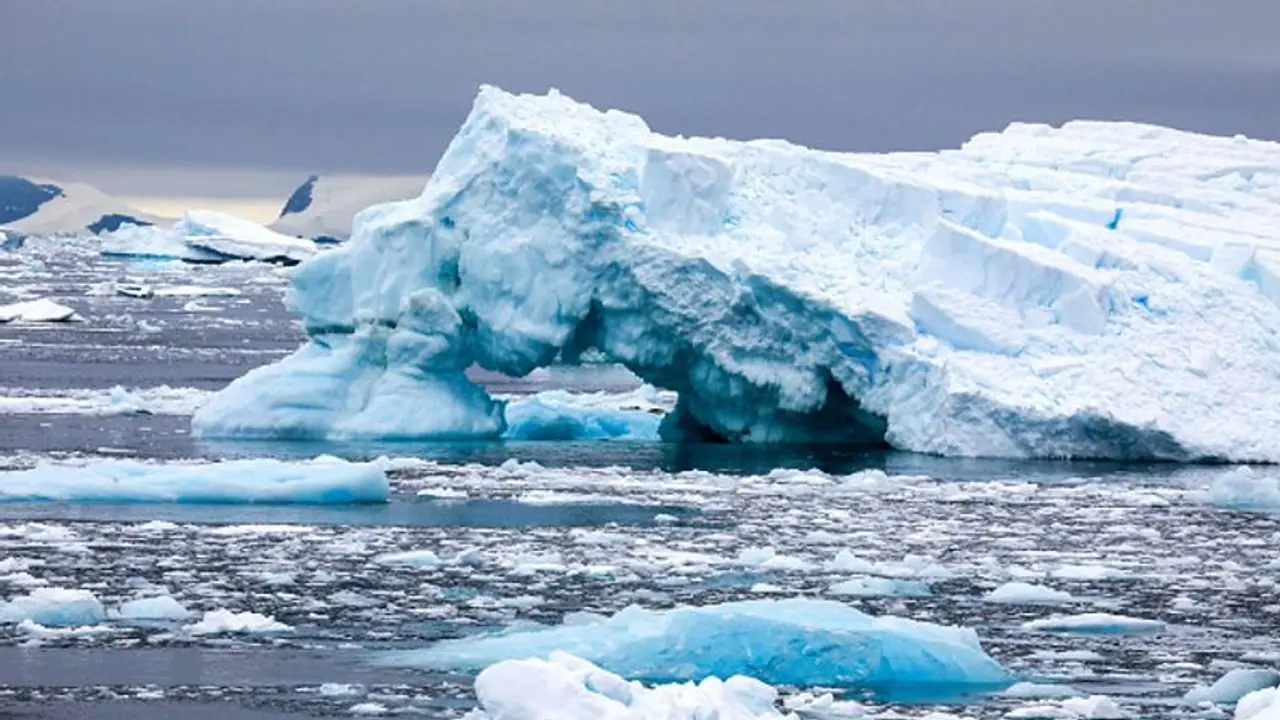Countries' most recent climate plans would produce only a minuscule fraction of the emissions reduction required to reduce global warming to 1.5 degrees Celsius, the UN warned on Tuesday in a dismal assessment ahead of the COP26 climate meeting.
Countries' most recent climate plans would produce only a minuscule fraction of the emissions reduction required to reduce global warming to 1.5 degrees Celsius, the UN warned on Tuesday in a dismal assessment ahead of the COP26 climate meeting. Just days before the Glasgow summit, which is described as critical to the long-term survival of the Paris climate agreement, the UN Environment Programme stated that country efforts to decrease carbon pollution amounted to "weak pledges, not yet achieved."

UNEP assesses the gap between the emissions that nations intend to emit, and the amount required to prevent temperature rises to 1.5 degrees Celsius, the most aggressive Paris Agreement objective, in its annual Emissions Gap study. The summit's organizers said they want countries to commit to keeping the planet on track for the 1.5C goal by increasing their promises to decarbonize their economies. However, according to UNEP, even the most recent and ambitious proposals from nearly 120 nations put the globe on course to warm by 2.7 degrees Celsius.
Also Read | Ahead of COP26 meeting, UN reveals Asia had its warmest year on record in 2020
According to UN Secretary-General Antonio Guterres, the study released on Tuesday shows that the world is "still on pace for climate disaster." He stated that while world leaders prepare for COP26, this research is another loud wake-up call. Signatories to the 2015 Paris Agreement are expected to submit new emissions-cutting plans, known as Nationally Determined Contributions, or NDCs, every five years, each more ambitious than the previous. According to UNEP, the most recent agreements will cut 7.5 per cent off previously expected 2030 emissions levels.
According to UNEP, the Covid-19 epidemic resulted in a "record" 5.4 per cent decline in world emissions in 2020.
Even yet, it proved insufficient to close the gap between humanity's present emissions trajectory and a 1.5C world. To meet the challenge, countries must cut CO2, and it's equivalent in other greenhouse gases by an additional 28 billion tonnes by 2030; carbon dioxide emissions alone are expected to reach 33 billion tonnes in 2021.
Also Read | UN report raises alarm over India's Mullaperiyar Dam, says 126-yr-old dam has outlived its life
This year's Emissions Gap study focuses on methane, the most powerful greenhouse gas, and its role in global warming. It discovered that existing technical techniques might cut man-made methane emissions by 20% per year with little or no extra expense to the business. It also stated that many of the 49 nations that have made net-zero promises have plans that are "vague and not represented in NDCs."
